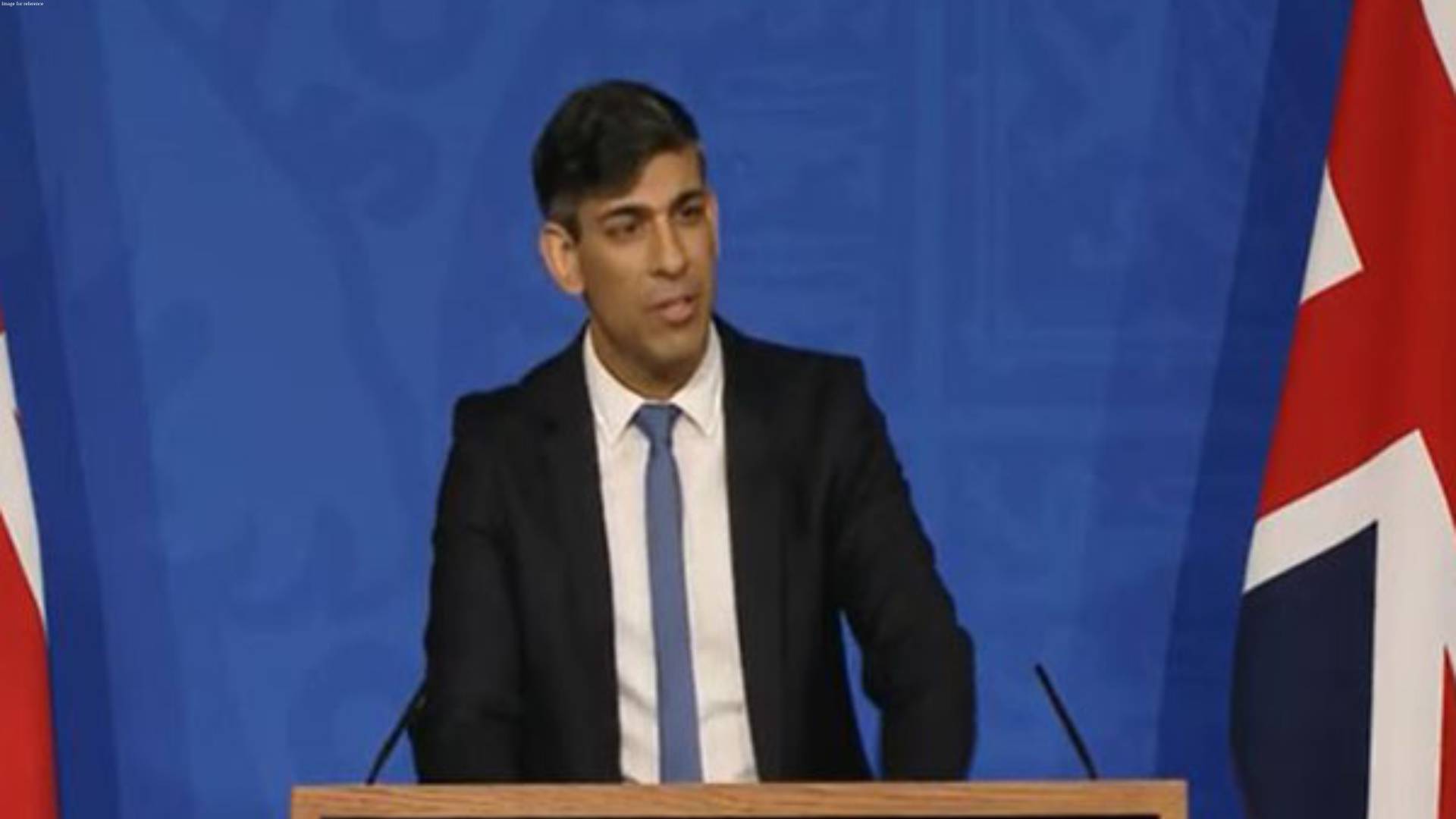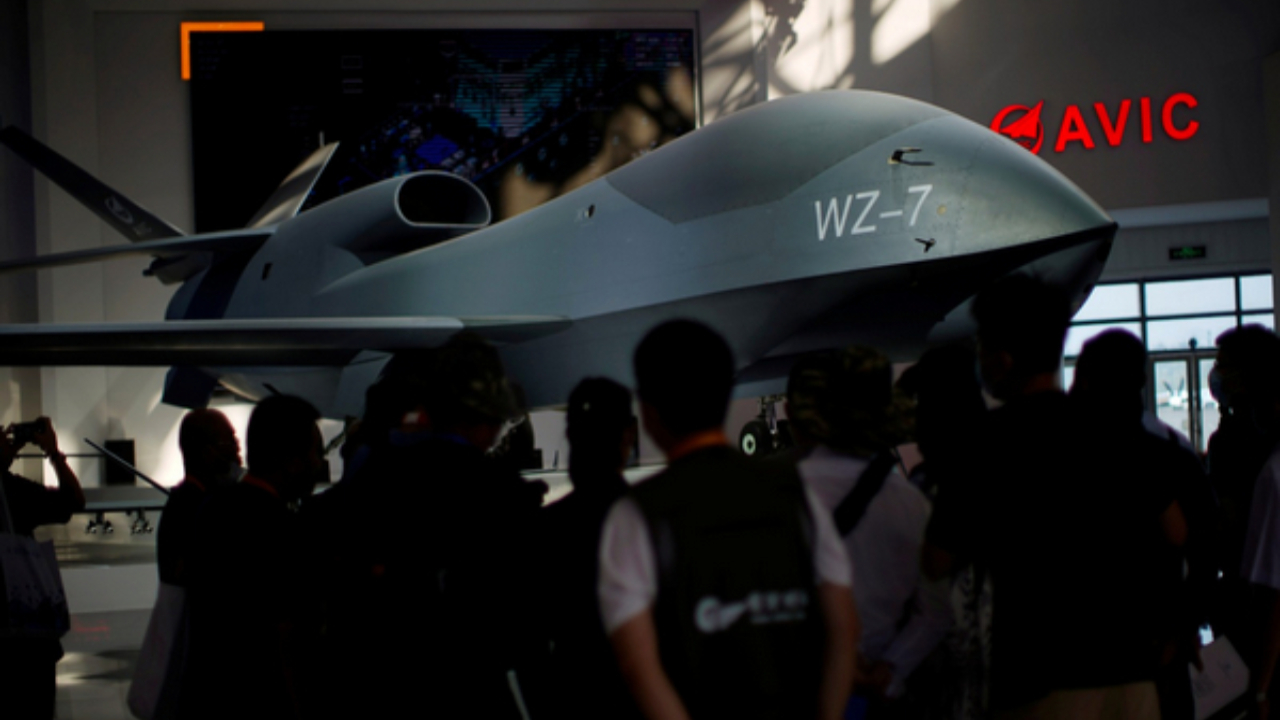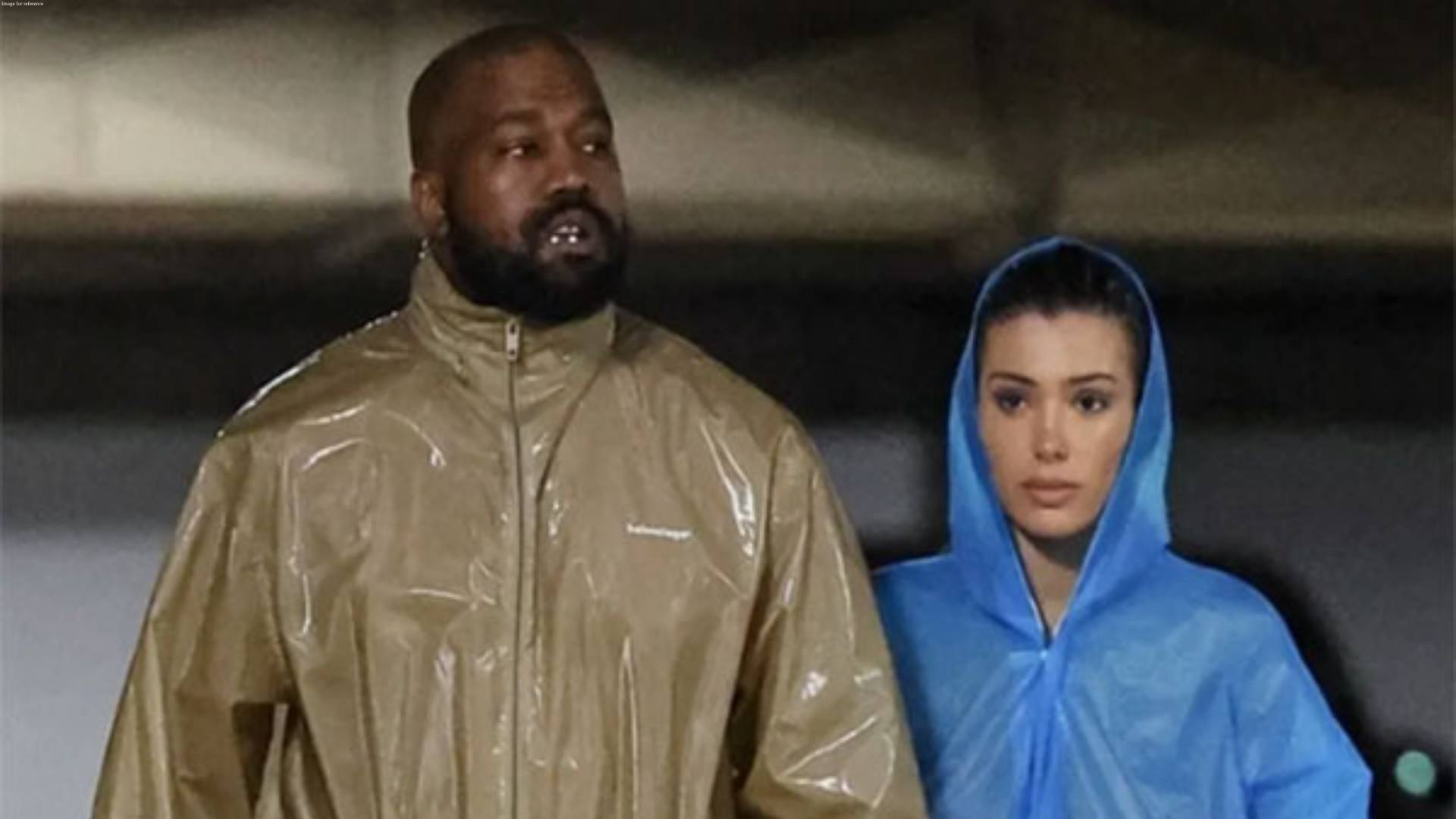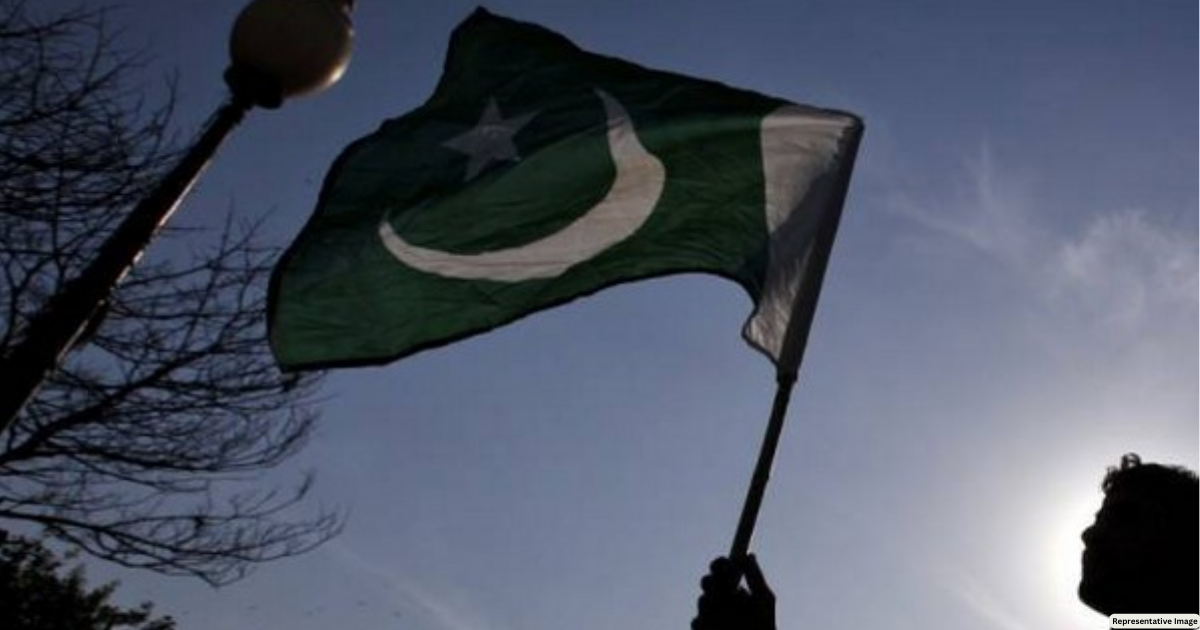Xi shows skill in carving out a likely third term
.jpg)
Hong Kong: 2022 is very important for China. Next month it hosts the Beijing Winter Olympics, while later is the Chinese Communist Party's (CCP) 20th Party Congress. The latter will shape the constitution of China's communist leadership and the country's policy priorities for the ensuing five years and beyond.
The congress is thus a seminal event for the CCP and for its leader Xi Jinping. Most speculation agrees that Xi will stay in power for a third five-year term, and he will certainly be seeking stability in the period leading up to that congress. In a webinar entitled "Towards Xi's Third Term: China's 20th Party Congress and Beyond", the Washington DC-based Brookings Institute invited various academic luminaries to give their thoughts on Xi and his ambitions ahead of the congress.
Cheng Li, Director of the John L. Thornton China Center, noted, "Beijing has been playing hardball. Xi Jinping believes China now has more leverage in the current global economic landscape... For the CCP leadership, this reinforces its position on Xinjiang and Hong Kong- they're not negotiable - and it will continue the pressure campaign against Taiwan independence."
However, there are a couple of key tensions facing the CCP elite. One is that Beijing must reconcile the need for stability with its hardline policies. Cheng perceived three ways Xi is doing this. The first is that the government believes it has gained sufficient political capital from recent successes such as public health, poverty elimination, green development, technological advancement and military modernization.
The second is Xi's recent call for common prosperity plus some popular moves to help vulnerable groups. Furthermore, his assertive foreign policy and nationalistic appeals resonate well with the public.
The third is that Xi's proteges, especially those to be promoted for the next Politburo and Politburo Standing Committee (PSC), have substantial leadership experience from provinces like Guangdong known for their vibrant private sectors and international economic engagement. "This will revitalize, in the hopes of Beijing, the confidence of private entrepreneurs and the Chinese middle class."
A second tension exists between Xi's core and ambiguity in mandatory CCP retirement ages.
The retirement age policy had imparted consistency and a sense of fairness, but many question whether it will continue. Cheng expects only one member of the PSC to retire this time around, but for the others there is no objective criterion to decide who will stay and who will retire, "potentially causing serious resentment and resistance".
Recently, Xi has emphasized the importance of unity within party leadership. Things have improved, for in Xi's second term, only two of 376 Central Committee members were purged, compared to 42 arrested for corruption in his first term.
Cheng predicted that Xi will undertake three measures to reduce this tension about failures to retire according to age, as per established norm. First is that he will offer intensive justification as to why a small number of leaders will remain in the top echelon, such as continuity of economic policy.
Secondly, Xi will probably promote a significant number of "younger" leaders (born in the 1960s) into the Politburo and PSC to signal that a generational change is under way. Such a change is already evident at the provincial-government level where the mandatory retirement age is strictly enforced. Of 31 provincial governors, all but one were born in the 1960s, and 94% were appointed in just the past couple of years. Cheng estimated that 85% of seats in the new Central Committee will be held by people born in the 1960s or later (compared with 52% at present).
Thirdly, as part of his promotion policy, he will probably allow some leaders from other factions or those without allegiances to attain seats in the Politburo and PSC "to sustain leadership unity".
Also referring to Xi's anti-corruption campaign, Andrew Mertha, Director of the China Global Research Center at John Hopkins University School of Advanced International Studies, highlighted that Xi has peeled away the immunity of communist leaders as high as the PSC level. This was obvious in the case of former national security chief Zhou Yongkang: "This means anyone at the top of the system is potentially a target for charges of serious disciplinary violation," Mertha explained.
Right from the beginning, Xi has sought to disempower national leaders and to reverse their rise in influence. This is best seen in his anti-corruption campaign and his strengthening of state-owned enterprises.
In fact, Xi has shown incredible skill in navigating CCP politics and establishing himself at the apex. Mertha said many have underestimated Xi's extraordinary intuition. "He's an astute student of CCP history, of its structure and how it
functions. And this appreciation and understanding of it forms the contours of much of what he does and how he does it."
Metha added, "For Xi, politics is a deadly serious business. It isn't something to be trifled with or to be disrespected. The implication is, insofar that anybody within the ruling class allows competing interests to dilute or otherwise compete with their political mandate, they forfeit their right to undertake the enormous importance of governance in China."
Different to the ever-suspicious Mao Zedong who sidestepped or diminished established institutions, Xi has consolidated his power by "enhancing, creating, injecting new sets of institutions to amplify his policy preferences and beef up his power base, often enhancing the authority of the CCP at the expense of government agencies and their traditional mandates".
Mertha said this approach was more durable than mere strongman rule. It is possible that the 20th Party Congress might throw up some surprises, though. In a novel piece of speculation, Alice Miller, Research Fellow at the Hoover Institution, raised the prospect that Xi might create a unique structure within the CCP to allow him to remain in control without necessarily doing a third term as general secretary.
This might be in the shape of restoring something akin to the 1956 system where the party chairmanship would be restored and go to Xi (the post of chairman had been eliminated in 1981), whereas the general secretary position could go to a younger man such as Chen Min'er or Hu Chunhua. Xi would then continue as chairman of the Central Military Commission, and still preside over the PSC and supply overall guidelines and vision for policy.
The general secretary, meanwhile, would report to the chairman and PSC, and also be a member of it. Leading groups would be led by members of the secretariat rather than the PSC. This was the split-level leadership system created at the 8th Party Congress in 1956.
Miller said reintroducing the 1956 system "addresses the problem of leadership rejuvenation. It allows senior leadership around Xi Jinping to continue to guide the general direction of the party's work in the new era, of giving younger leaders a chance to gain executive experience at the top and to carry out policies consistent with the vision..."
Miller admitted that, while reintroduction of the 1956 system could be "plausible", it also raised questions over workability. It does not answer the problem of succession, and another issue is that it creates two power centers. For example, what would happen if the chairman and general secretary disagreed with each other?
Xi has already undertaken major restructurings of CCP inner workings, but so far he has left the very top structure untouched. After a decade in power, perhaps that could change. However, Cheng Li thinks this will not happen. Instead, he believes the abolition of term limits was already preparing the way for Xi's third term, and that no successor will be designated at this year's congress. Nor has there been any discussion about resurrecting the chairmanship.
Anthony Saich, Director of the Ash Center for Democratic Government and Innovation at the Hardvard Kennedy School, said there were similarities and differences between Xi and Mao Zedong.
Like Mao, Xi sees the party as crucial to achieving policy objectives, thus requiring a unified, disciplined party that carries out the will of the supreme leader. "There is a need for unity of purpose and thought, and that entails the eradication of alternative narratives and the removal of any potential rivals," Saich explained.
Xi pours scorn on the collapse of communism in the Soviet Union, where he felt nobody was man enough to stand up and defend it. Xi sees his authority coming through the party, and the party as the natural inheritor of Chinese imperial rule and style.
Very significantly, Xi issued a November 2021 resolution on the CCP's achievements of the last 100 years. Saich elaborated: "It was designed to show that Xi Jinping's leadership today, and therefore also into the future after the next congress, is the inevitable outcome of history consolidating his preeminence within the party and empowering him to stay the course for the party over the next 100 years".
It was only the CCP's third historical summation, raising Xi alongside Mao and Deng. However, Xi's resolution was very different, since his was not criticizing the past in order to set sail on a new course.
Saich again: "Xi Jinping's purpose is distinct. It's not defining the way forward by a negation of the recent past, but rather highlighting how the past plays into his hands to guide the future. The spotlight is on Xi, his achievements, the wrongs he has righted and the future direction for China. Interestingly, Xi is described as the principal founder of the ideology for this new era and the core of the leadership."
Thus, all CCP members must rally around Xi as the core and his policy preferences cannot be questioned. Leninist institutions are not always stagnant and inflexible and, as the CCP shows, Xi is willing to remold it.
One consequence of the historical resolution, Saich, explained, is that Xi will definitely be appointed for a third term. Secondly, the resolution sanctions policy continuity rather than change, as with the two older historic resolutions.
Saich added, "Crucially, it means that Xi Jinping will have to lead through the party rather than being able to float above it in the manner of Mao Zedong. And the party remains preeminent, and therefore structural changes to consolidate Xi's position may be the ones worth watching.
But that, of course, presents a possible challenge to Xi Jinping if there is an elite struggle, as his legitimacy ultimately lies with the institution rather than the individual." Cheng of the John L. Thornton China Center thought it noteworthy how Xi, after assuming the leadership mantle, profoundly changed the balance of power between the two main factions via his large-scale anti-graft campaign. That campaign netted many supporters of the Communist Youth League, including former president Hu Jintao's chief of staff Ling Jihua.
Having succeeded in sidelining that faction, at the end of Xi's first term he also began distancing himself from the opposing princeling faction too. Now it is Xi's own proteges that dominate the leadership. For example, his powerbase is Zhejiang, where he was once party boss. Perhaps eight or nine members of the next Politburo will be such people from Xi's past, representing about a third of the group, with each owing personal loyalty.
Two or three of these will even enter the PSC. With other factions essentially defeated, Cheng suggested that infighting and jostling for power within Xi's own personal following is most deserving of attention.
Miller suggested that the strongman status of Xi, as well as his breaking of party norms, is overplayed by Western analysts. Significantly, Xi has not yet violated the age/retirement structure - but that could well play out at the next congress. If CCP norms are examined carefully, it can be seen that Xi has not actually broken many so far.
Saich concluded: "It creates a set of problems by [Xi] staying on, there's no doubt, for a third term. What if things go wrong? Who gets the blame? You know, can that power accumulation keep occurring?"
The CCP has very limited experience of successful turnovers of leadership, so Xi staying on as leader after the 20th Party Congress does raise important questions. If Xi pushes succession back further, will that make the CCP system more unstable long term rather than stable in the short term? (ANI)




.png)

.jpg)



.png)

.jpg)
 (18).jpg)
.jpg)






